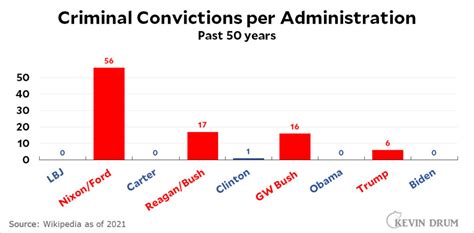How Many Indictments Lead to Conviction? The Complex Path to a Guilty Verdict
The number of indictments a person faces has absolutely no bearing on whether they will be convicted. An indictment is simply a formal accusation that there is enough evidence to proceed to trial. It's the first step in a long and complex legal process. Thinking that multiple indictments automatically mean guilt is a fundamental misunderstanding of the American legal system.
Understanding the Indictment Process
An indictment is handed down by a grand jury. This jury hears evidence presented by the prosecution and decides if there's enough probable cause to believe a crime has been committed and that the accused person committed it. It's not a determination of guilt or innocence; it's a decision to move forward with a trial.
Key takeaway: An indictment is not a conviction. Many individuals are indicted but ultimately found not guilty at trial.
Factors Influencing Conviction, Not Just Indictments
Several factors determine whether an indictment leads to a conviction. These include:
- Strength of Evidence: This is the most crucial factor. Even multiple indictments won't result in a conviction if the prosecution lacks strong, admissible evidence.
- Witness Testimony: Credible and reliable witness testimony is vital. Conflicting accounts or unreliable witnesses can weaken the prosecution's case.
- Legal Representation: A skilled defense attorney can effectively challenge the prosecution's case, uncovering weaknesses and potentially leading to an acquittal.
- Jury Deliberations: The jury's interpretation of the evidence and their individual biases influence the verdict.
- Plea Bargains: Many cases are resolved through plea bargains, where the defendant agrees to plead guilty to a lesser charge in exchange for a reduced sentence. This avoids a trial altogether.
Why Multiple Indictments Can Be Misleading
While multiple indictments might suggest a more serious case to the public, they don't guarantee a conviction. They could reflect:
- Multiple Charges Related to a Single Incident: A single event might lead to several indictments for different crimes.
- Separate Incidents: The indictments could relate to completely unrelated events.
- Prosecutorial Overreach: Sometimes, prosecutors might file multiple charges in an attempt to pressure a defendant into a plea bargain.
The Importance of Due Process
The American legal system emphasizes the presumption of innocence. Every accused person is entitled to a fair trial, regardless of the number of indictments they face. The burden of proof always rests with the prosecution to prove guilt beyond a reasonable doubt.
In short: Focus on the evidence presented in court, not the number of indictments. Multiple indictments are not a predictor of conviction. A fair trial, strong legal representation, and the presentation of compelling evidence are the factors that ultimately determine guilt or innocence.
